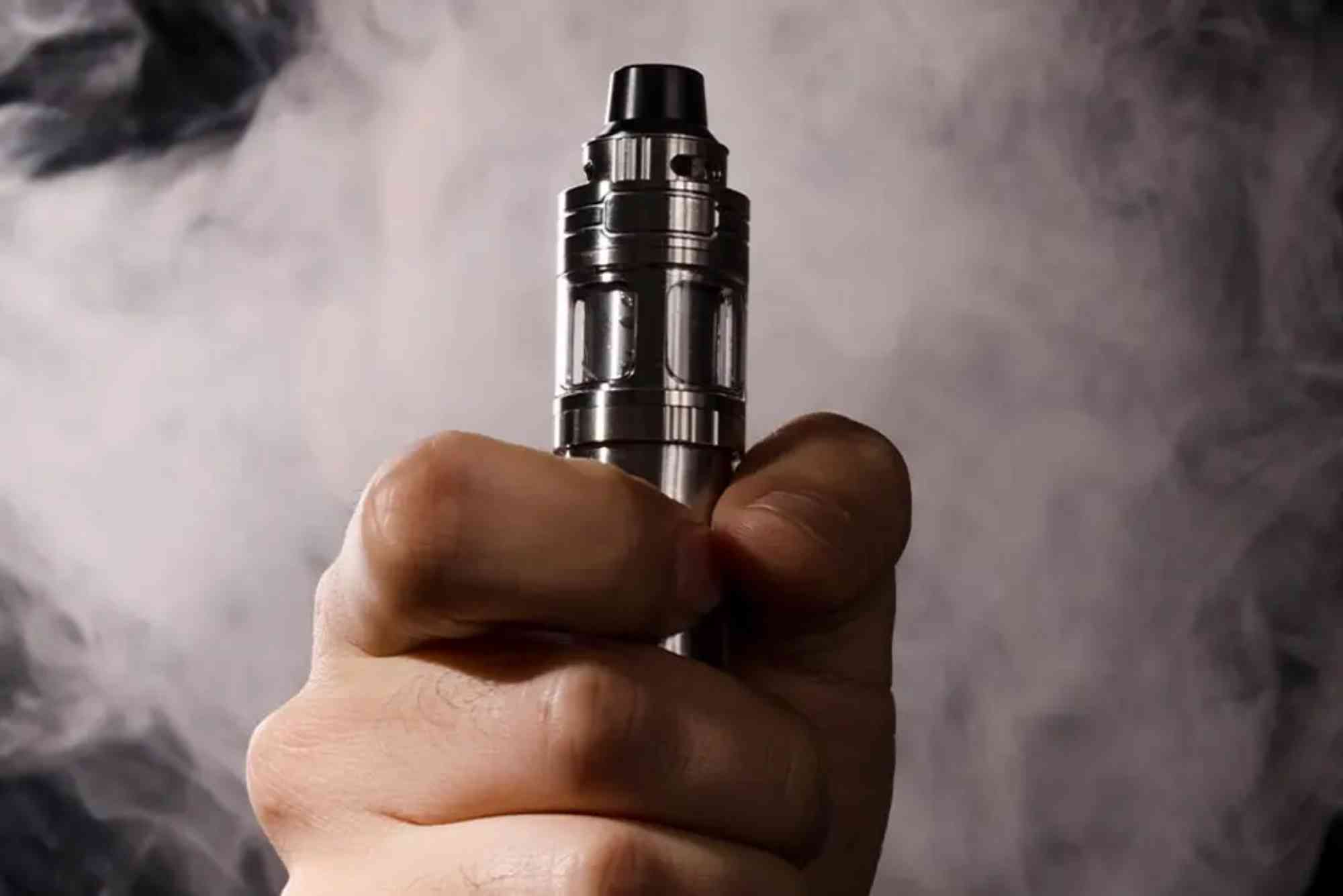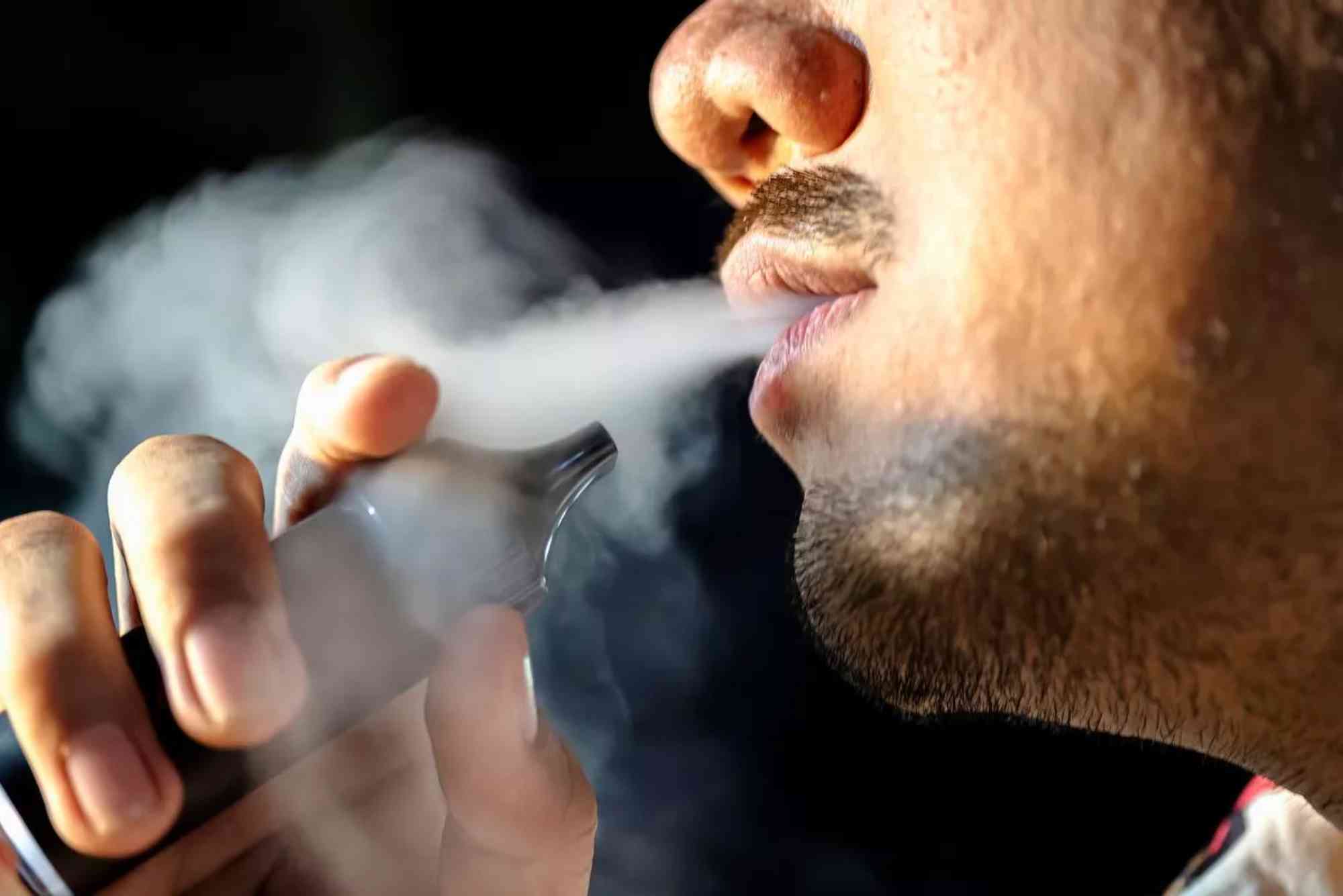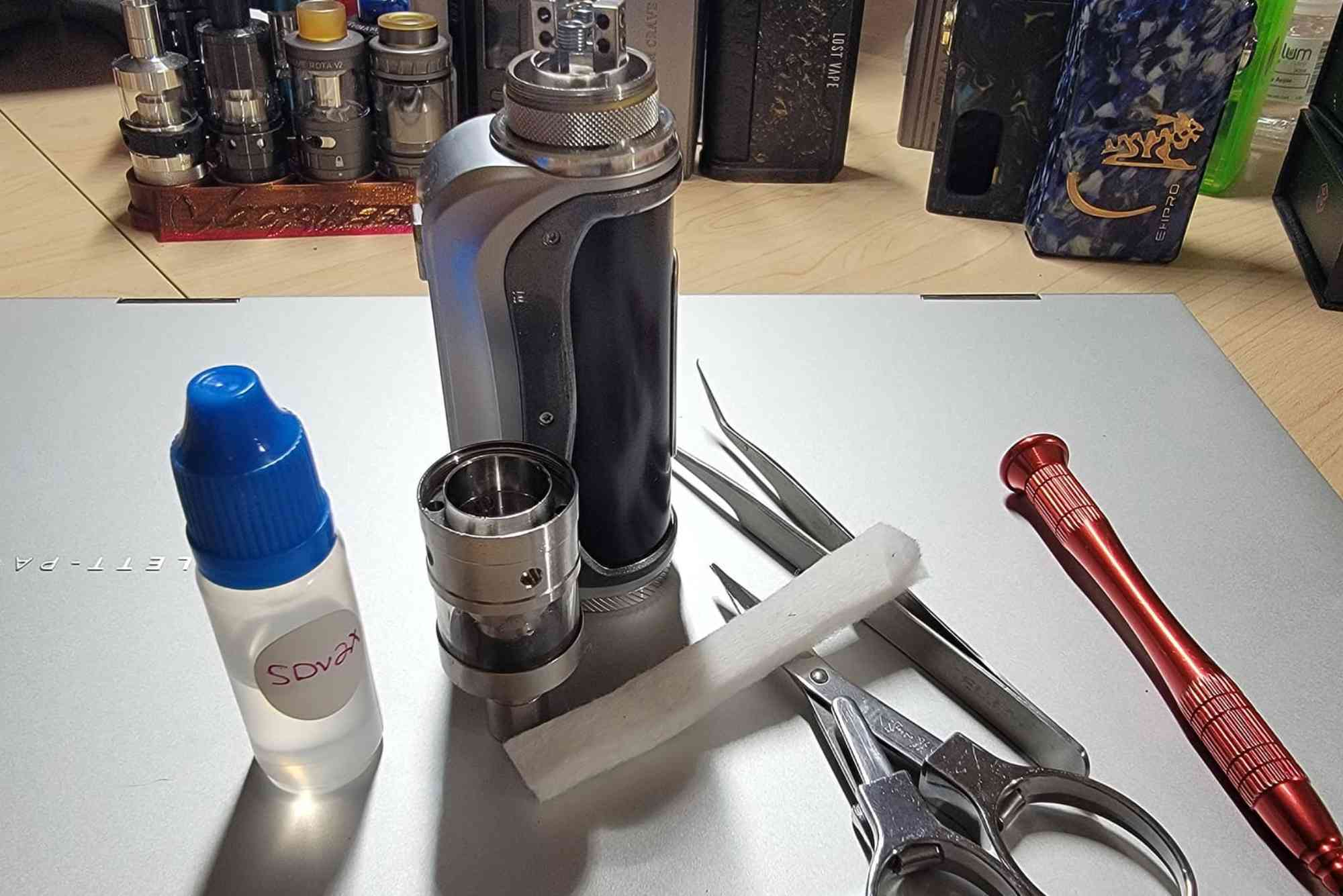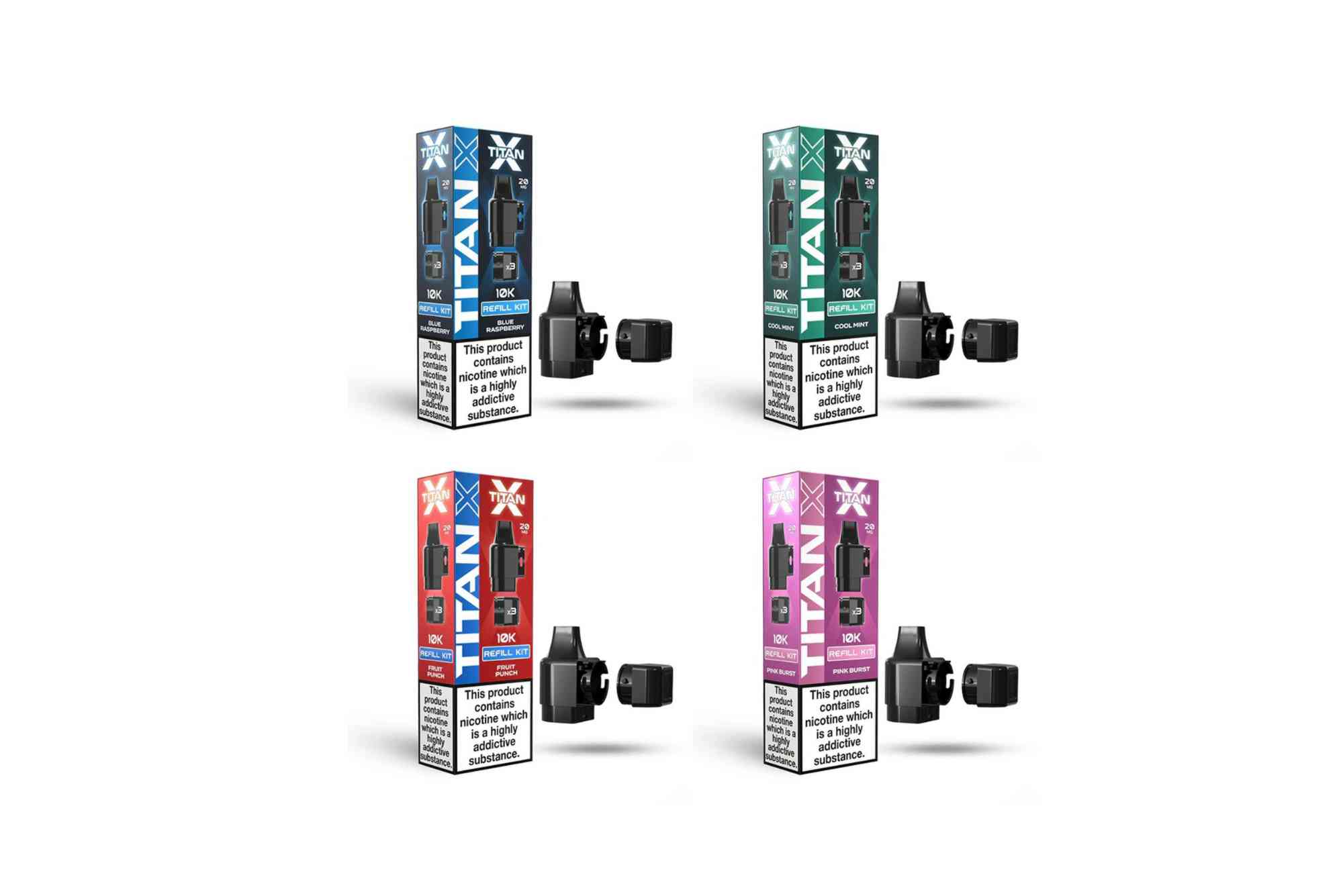Tanzania Vape Laws and Vape Battery Overheating: What You Must Know
Vaping has become a global trend, and Tanzania is no exception. However, as the popularity of e-cigarettes grows, so does the importance of understanding the legal framework that governs their use. Tanzania vape laws are not just about who can buy a vape or where you can use it. They also touch on broader health and safety issues, including how vape products are regulated, how travelers should behave when entering the country with vaping devices, and what users should know about safety risks such as vape battery overheating. For anyone living in or visiting Tanzania, being aware of these laws and safety precautions is crucial.
Introduction to Tanzania Vape Laws
Vaping regulations vary significantly around the world. Some countries completely ban e-cigarettes, while others adopt lighter regulations focusing on health standards and advertising restrictions. Tanzania falls somewhere in the middle, with strict rules designed to regulate importation, sales, and usage. These laws are part of the government’s effort to control nicotine consumption and protect public health. If you are planning to vape in Tanzania, you need to know the rules to avoid fines or legal issues.
The Legal Status of Vaping in Tanzania
Tanzania vape laws currently regulate e-cigarettes under the broader tobacco control framework. The government treats vaping devices and e-liquids similarly to traditional tobacco products. This means importers, sellers, and consumers must all comply with strict requirements. The laws prohibit the sale of vaping products to minors under 18 years of age. Additionally, advertising e-cigarettes is tightly restricted to prevent youth targeting. Importation of vape devices without proper licensing is also illegal. Travelers should be particularly careful, as unlicensed imports may be confiscated at customs.
Where You Can and Cannot Vape in Tanzania
Like traditional smoking, vaping is restricted in public places. Tanzania’s smoke-free laws apply to e-cigarettes in many areas, which means you cannot vape in restaurants, government offices, schools, and public transport. Instead, designated smoking areas are the safest option for vapers. These restrictions exist to reduce exposure to secondhand emissions and align with global health standards. Tourists visiting Tanzania should also remember that cultural attitudes toward vaping may vary, so it is wise to ask permission before vaping in social settings.
Penalties for Breaking Tanzania Vape Laws
Violating Tanzania vape laws can result in fines or, in serious cases, imprisonment. Selling to minors, importing without authorization, or vaping in restricted areas are considered offenses. Local enforcement can be strict, particularly in urban centers like Dar es Salaam. While enforcement in rural areas may be more relaxed, the risk remains. This is why it is essential to stay informed and follow the regulations closely. For businesses, non-compliance can lead to heavy penalties, including loss of licenses.
Health and Safety Concerns Around Vaping
While the main focus of Tanzania vape laws is regulation, users must also consider health and safety risks. One of the most overlooked issues is vape battery overheating. Unlike cigarettes, which carry obvious risks, e-cigarettes bring hidden dangers related to their electronic components. Vape devices rely on lithium-ion batteries, which are powerful but sometimes unstable. If mishandled, these batteries can overheat, leak, or even explode. Understanding why overheating happens and how to prevent it is essential for safe vaping.
Why Vape Batteries Overheat
Vape battery overheating often results from misuse, poor quality products, or a lack of proper maintenance. Using the wrong charger or leaving your device plugged in too long can stress the battery. Carrying spare batteries without proper casing may also cause dangerous short circuits. In Tanzania, where counterfeit products sometimes enter the market, the risk increases. Cheap, low-quality batteries are more likely to overheat and fail. This is why purchasing devices and accessories from trusted sellers is not only wise but also a legal requirement under Tanzania vape laws.
How to Prevent Vape Battery Overheating
Prevention is better than cure when it comes to vape safety. Always use the charger recommended by the manufacturer. Avoid exposing your device to extreme heat, such as leaving it in a parked car under the sun. Store spare batteries in protective cases, not loose in your pocket or bag. Regularly check your device for signs of damage, including swelling, strange odors, or overheating during use. If you notice these issues, stop using the device immediately. Following these steps reduces the chances of overheating and keeps your vaping experience safe.
Traveling to Tanzania with Vaping Devices
Many tourists want to know if they can bring their vapes into Tanzania. The short answer is yes, but with conditions. You should declare your device at customs if asked and ensure it is for personal use only. Large quantities may be treated as commercial imports, requiring a license. Airlines also impose rules about carrying vape batteries. Generally, lithium-ion batteries must be carried in hand luggage, not checked baggage. This prevents potential overheating incidents during flights. Always check your airline’s policy before traveling.
Tanzania Vape Laws for Businesses
For local businesses, importing and selling vaping products is possible but heavily regulated. A proper license is mandatory, and products must meet health and safety standards. Packaging must carry health warnings, and marketing is limited. Shops caught selling unlicensed or counterfeit products face serious penalties. These regulations aim to control quality and prevent harmful products from entering the market. For entrepreneurs, compliance is key to building a sustainable business in Tanzania’s growing vape industry.
The Future of Tanzania Vape Laws
Tanzania vape laws are evolving. As vaping becomes more widespread, regulations are likely to tighten further. The government has shown interest in following World Health Organization (WHO) recommendations, which may mean stricter restrictions on flavors, advertising, and sales. For users, this means staying updated is essential. What is legal today may not be tomorrow. Advocacy groups and health organizations are pushing for more comprehensive laws, while the business community is calling for balanced regulations that allow responsible growth.
Tanzania vape laws are designed to balance public health, safety, and consumer demand. For vapers, this means understanding the rules before using or importing devices. Compliance not only keeps you safe from legal issues but also protects your health, especially when combined with good safety practices like preventing vape battery overheating. Whether you are a resident or a tourist, following these guidelines ensures a safer, more enjoyable experience. If you are planning to vape in Tanzania, stay updated on the latest regulations, buy only from trusted sellers, and handle your device responsibly. By doing so, you contribute to a healthier vaping community while protecting yourself from risks.
FAQs
Is vaping legal in Tanzania?
Yes, vaping is legal in Tanzania, but it is regulated under tobacco control laws.
Can I bring my vape to Tanzania as a tourist?
Yes, but only for personal use. Carry it in hand luggage, and avoid bringing large quantities.
Are there age restrictions for buying vapes in Tanzania?
Yes, you must be at least 18 years old to purchase vaping products.
Can you vape in public places in Tanzania?
No, vaping is restricted in many public places, just like smoking. Use designated areas instead.
What happens if I break Tanzania vape laws?
Penalties may include fines, confiscation of devices, or imprisonment for serious violations.
Why do vape batteries overheat?
Overheating usually happens due to misuse, poor-quality products, or improper charging practices.
How can I keep my vape battery safe?
Use the correct charger, avoid heat exposure, and store spare batteries in protective cases.




